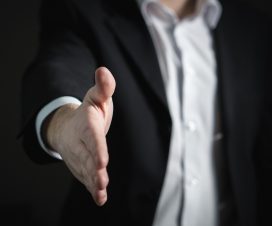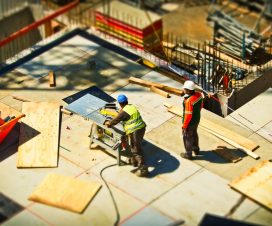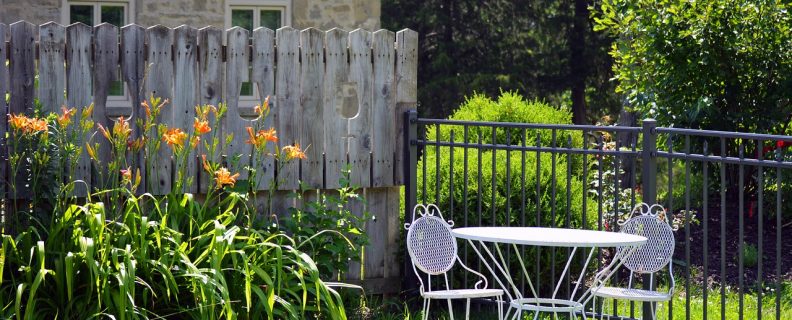
Premises Liability Cases vs Personal Injury Cases
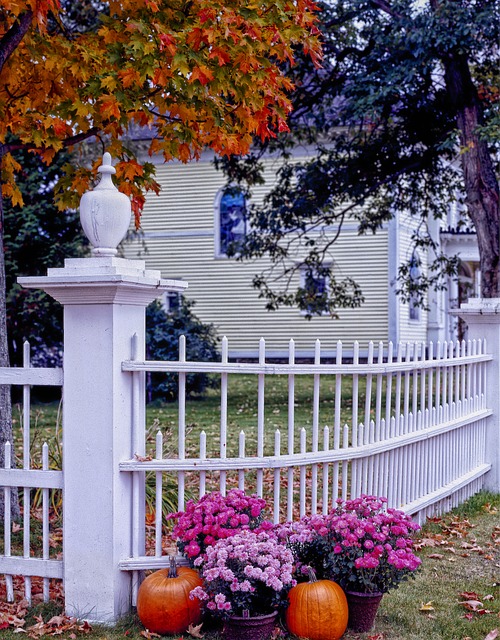 With premises liability cases, non-resident owners or property owners are responsible for maintaining a safe environment for those within their property.
With premises liability cases, non-resident owners or property owners are responsible for maintaining a safe environment for those within their property.
In fact, they are legally responsible for ensuring that the conditions on their premises are safe.
Premises liability cases may happen on any type of property including construction sites and swimming pools.
Premises liability stems from personal injury cases. You can file for compensation if you sustained injuries due to unsafe conditions on another person’s property.
Personal injury cases stem from negligence. Similarly, premises liability cases stem from negligence.
If you file for compensation, then your premises liability attorney will help you prove negligence on the part of the property owner.
You must also prove that their negligence caused injury to you.
As proof of negligence, you must demonstrate that the property owner failed to use reasonable care on their property.
Being injured does not necessarily prove negligence. You must prove that the property owner knew that their property was unsafe and failed to do anything about it.
Examples of Premises Liability Cases
- Dog bites
- Snow or ice accidents
- Accidents in the swimming pool
- Slips and falls
- Accidents on the escalator or elevator
- Insufficient building security
- Poor maintenance of the premises
- Toxic fumes or chemicals
- Flooding
- Fires
The Duty of Care
When it comes to properties, the duty of care falls on the owner. They have to exercise reasonable care in the maintenance of their properties.
In some states, visitors to a property fall into the categories; invitees, trespassers, and licensees.
Invitees are on the property following the permission of the property owner. A licensee is anyone who is on the property for their own purpose.
They may have the implied or express permission of the owner.
A trespasser is on the property without the permission of the property owner.
Property owners are responsible for the safety of invitees and licensees. They have no responsibility for the safety of a trespasser.
These rules vary from one state to another.
Slip and Fall Cases
They are straightforward and easy to identify.
You can file a claim if you slip and fall on another person’s property. Some of the issues that may lead to slips and falls include;
- Wet or slippery floors
- Defective staircases
- Unsecured rugs
- Hidden extension cords
- A buildup of snow or ice
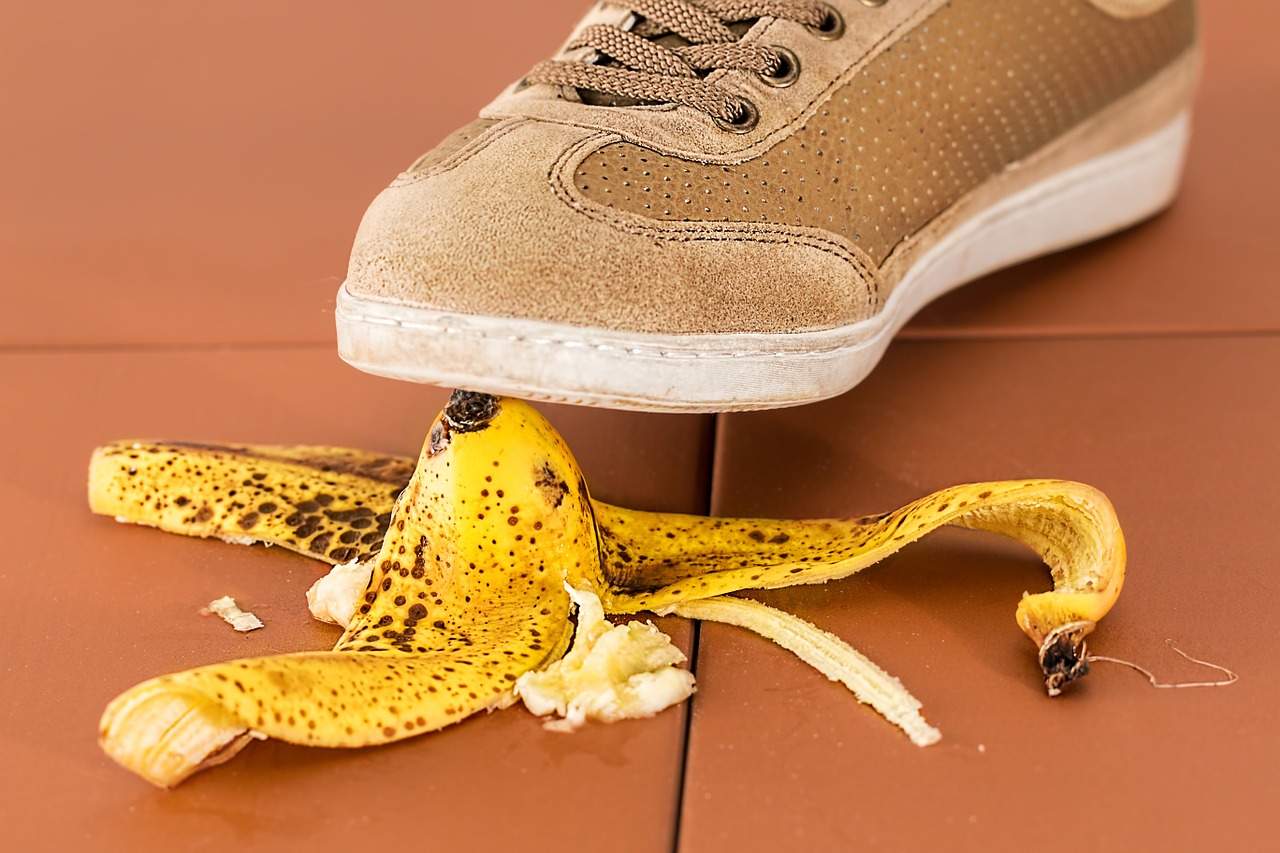
Swimming Pool Accidents
It is easy to sustain injuries when using a swimming pool. It is for this reason that all swimming pools should have a fence and locking gate. They should be safe for children.
Insufficient Building Security
Cases of insufficient building security are common in apartment buildings. Property owners are responsible for ensuring that their properties are secure.
If malicious people get in and injure you, then speak to your premises liability attorney and seek compensation.
Proving Liability
It is wise to speak with a premises liability attorney whenever you need to prove liability.
Additionally, the elements of liability vary depending on where you live. However, the most important things to prove are;
- That your injury was as a result of the property owner’s negligence
- That you sustained an injury
- That the defendant owns the property in question
- That the defendant was negligent
Proving that the Defendant Occupied, Leased, or Owned the Property
This is one of the most important things to prove. It should be clear that the defendant owns the premise.
Therefore, if they are not the owner, then they have no legal responsibility to ensure that the property is in a safe and reasonable condition.
Proving that the Defendant was Negligent
You must be able to show that the property owner did not exercise reasonable care on their property.
Once you have proved that the property owner had a duty of care, you must prove that they failed to observe it.
Negligence is when a property owner knew about a dangerous situation but did nothing to fix it.
Proving that the Negligence Caused Injury
You must prove that the negligence of the property owner caused injury.
In fact, your premises liability attorney must prove that the property owner’s failure to provide reasonable care caused the injury.
Also, you may need the accounts of a medical expert and other witnesses to testify about the nature of your injuries.
Evidence for a Premises Liability Case
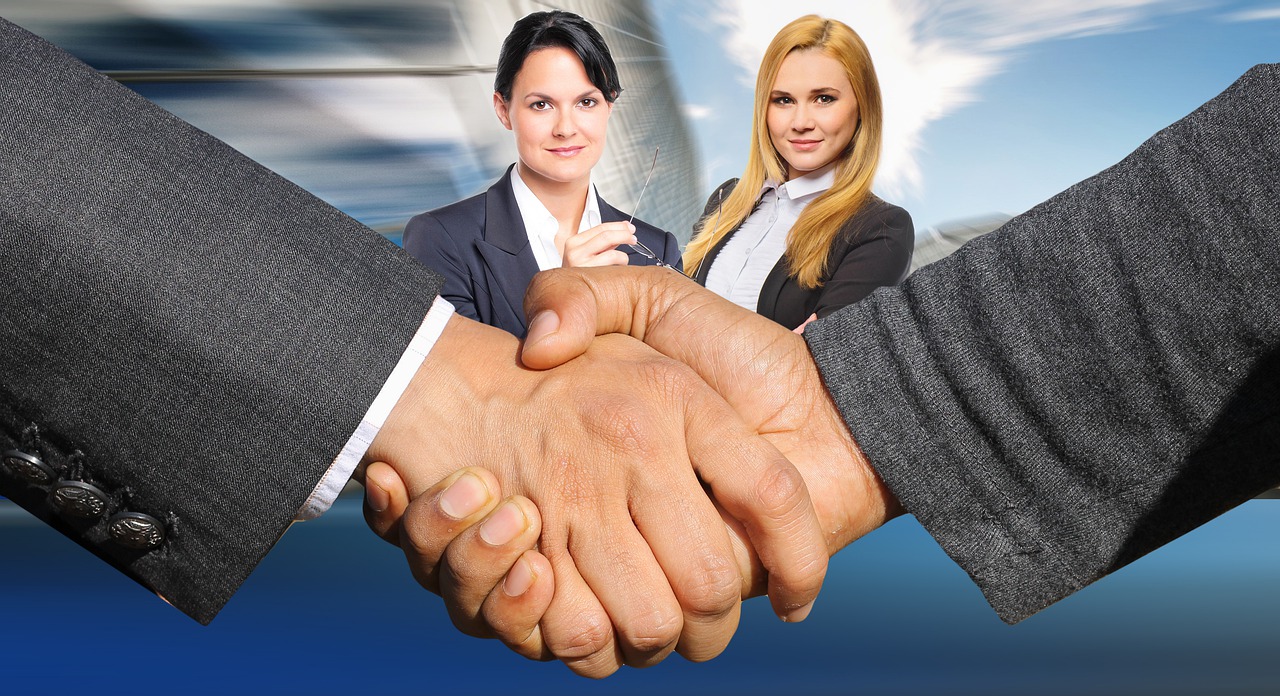
You need plenty of good evidence when seeking compensation in a premises liability case.
Some of the things that may help prove your case include the following;
1. Pictures
Take plenty of clear pictures of your injury and the hazard. If, for example, you slipped and fell on someone’s property, then you may take pictures of the icy parking lot, unsecured carpeting, or wet floor.
2. Accident Report
If you reported your injury to the police, then you should obtain a report. You can then use this report to prove your injury.
The report should contain the date, time, and details of the accident.
3. Medical Bills and Records
These are some of the most important pieces of evidence. They prove the extent of your injuries and the cost of treatment.
Having proof of the amount you spent in treatment may help you get the compensation you deserve.
4. Expert Testimonies
Your premises liability attorney will help you find experts to testify in your case. The experts may be engineers or doctors.
Therefore, they will testify that there is a connection between your injuries and the accident. They may testify that the neglected hazard may cause certain types of injuries.
5. Witnesses
You may need the opinions of witnesses to prove your case. Therefore, you will need your colleagues, neighbors, and family members.
6. Insurance Policies
If you made a claim with the defendant’s insurance company, then you should obtain a copy of their insurance policy.
It will help you prove the amount of coverage that their insurance company offers.
In conclusion, if you are in a premises liability disputes, then you should consider seeking the help of a premises liability attorney.
They will work with you to pursue the compensation you deserve.



